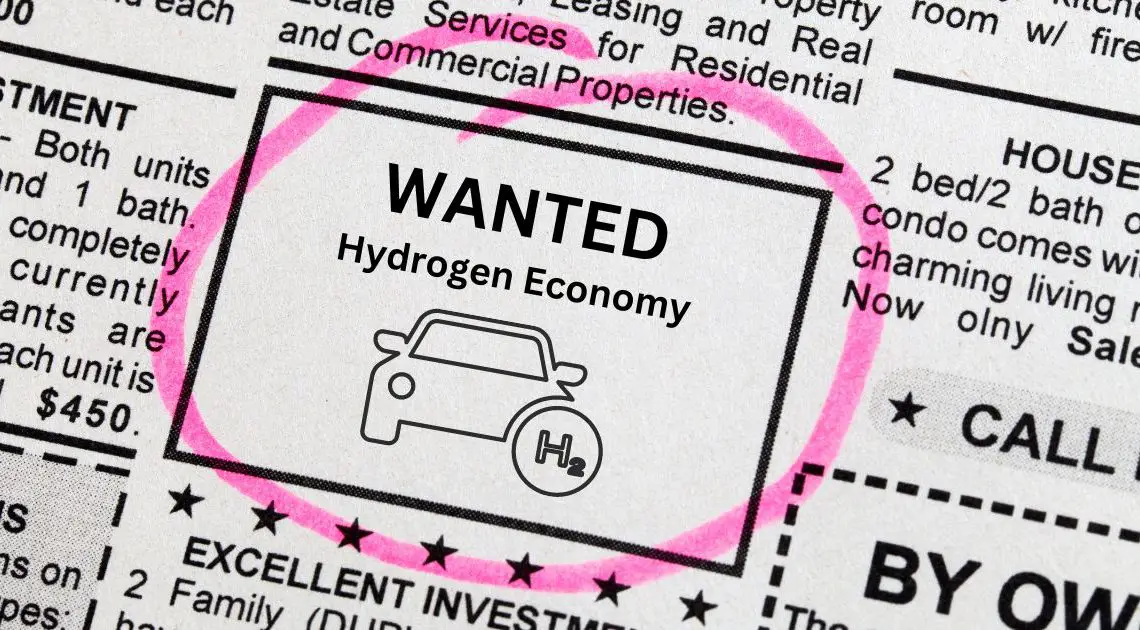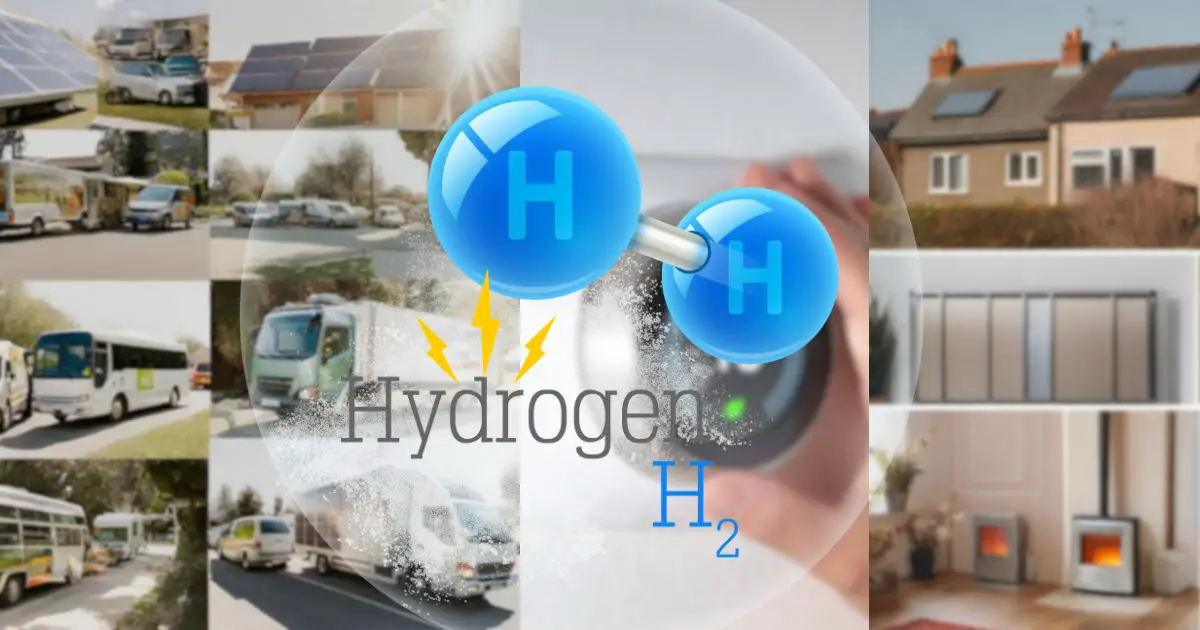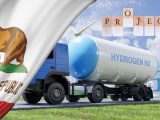
What exactly does a hydrogen economy mean?
April 20, 2024The term is thrown around quite a bit, but it isn’t always clear what it is referring to
Referring to a hydrogen economy isn’t anything new, having been thrown around for a few decades, but as the world seeks to decarbonize and H2 is recognized as a key part of that effort, the term is seen much more frequently.
But what does it mean?
As often as it is now being used, the hydrogen economy term is rarely defined. As a result, the concept is rather vague.
Currently, it essentially simply refers to the concept of using H2 as a source of low- or zero-carbon energy for meeting the clean power needs of a location such as a city, province, state, region, country, or even the world.
A hydrogen economy uses the clean fuel on several levels
As governments around the world increasingly implement strategies to combat climate change, this explains why the focus on a hydrogen economy – and the use of the term – have started making their way into the spotlight and news headlines fare more frequently. Many governments worldwide believe that H2 will play a core role in their efforts to decarbonize and meet their climate targets.
Uses for H2 include everything from electricity generation, backup power, auxiliary power, heat, or combined power and heat, among others. It can be used to power everything from passenger vehicles to aircraft and shipping vessels, as well as industrial machinery in some of the most polluting industries in the world, such as chemical and steel making.
Why the sudden popularity?
If the hydrogen economy concept has been around for a while, why is it just within the last handful of years that we’re all hearing it this often? It’s easy to think that it’s because the new data about climate change has shown its true risk, and governments are now reacting to it in order to prevent the planet from warming excessively – or at the very least, to slow it down until we can know what else to do about it.
Indeed, if governments and the world reacted that quickly to such well-supported predictions by expert scientists, it would be ideal. However, these warnings have been around for more than half a century. In fact, the scientists first warned US President Lyndon B. Johnson about the connection between CO2 emissions from burning fossil fuels and climate change in 1965.
Since that time, the body of evidence to support that prediction has only grown and has been presented to world leaders very regularly. It wasn’t until a post-pandemic economic recovery strategy was required that national leaders and large companies hopped on the opportunity to build a hydrogen economy.
Since economies worldwide needed immediate and large scale strategies to restart and recover, a hydrogen economy became a solid fit. This was particularly true as certain ideas had already been established through the Paris Agreement, in which countries had committed to greenhouse gas emission reductions by 2050, but for which most had made little-to-no progress until that point.



 HFN News is your leading source for fresh hydrogen and renewable energy updates. Amid the fast-paced growth of hydrogen companies, we provide top-notch news and insights about this exciting sector. Our coverage spans from hydrogen cars to global sustainable initiatives, and we highlight the latest in green jobs and developing hydrogen hubs. We invite you to share your local hydrogen news and explore today’s renewable energy job listings on our site. Thanks for choosing HFN News as your trusted guide to the hydrogen and renewable energy world!
HFN News is your leading source for fresh hydrogen and renewable energy updates. Amid the fast-paced growth of hydrogen companies, we provide top-notch news and insights about this exciting sector. Our coverage spans from hydrogen cars to global sustainable initiatives, and we highlight the latest in green jobs and developing hydrogen hubs. We invite you to share your local hydrogen news and explore today’s renewable energy job listings on our site. Thanks for choosing HFN News as your trusted guide to the hydrogen and renewable energy world!
